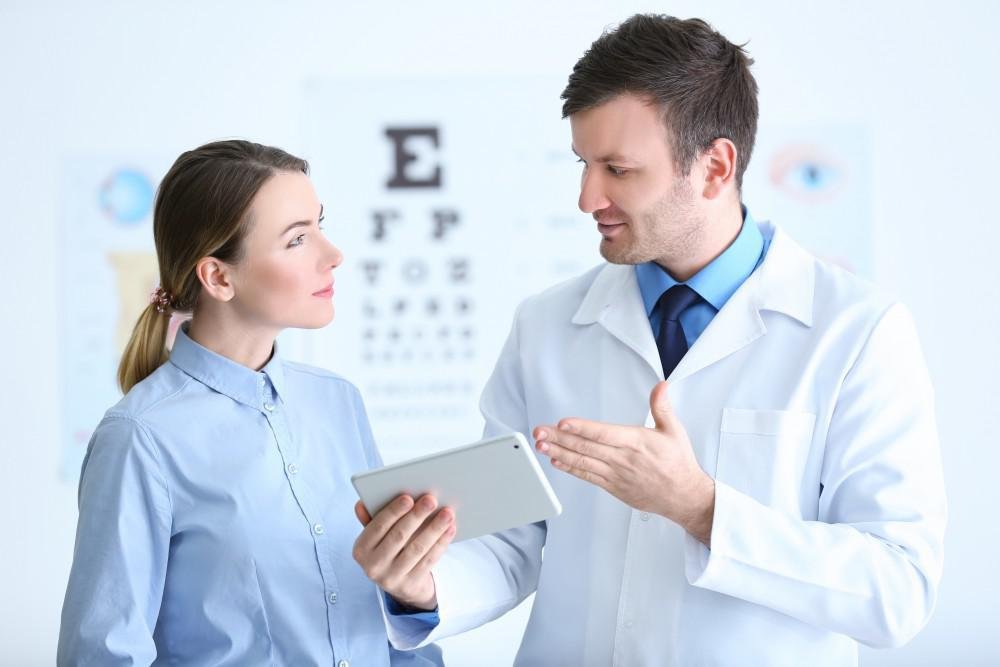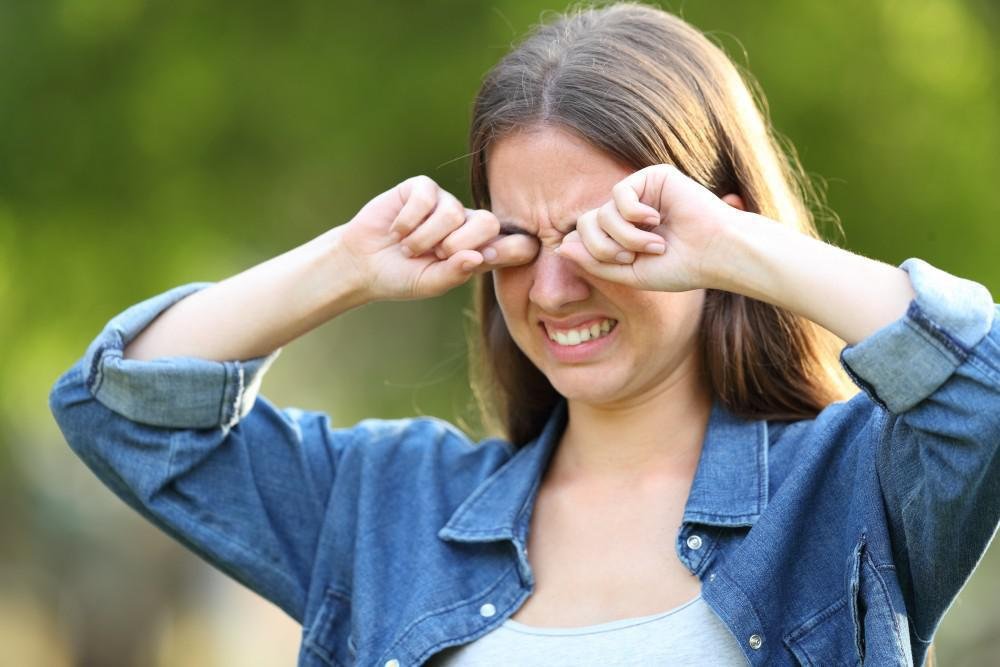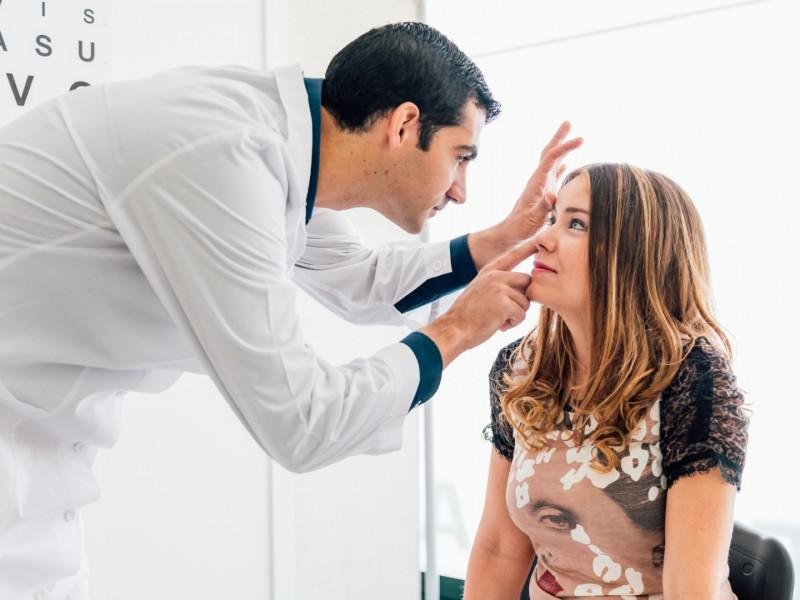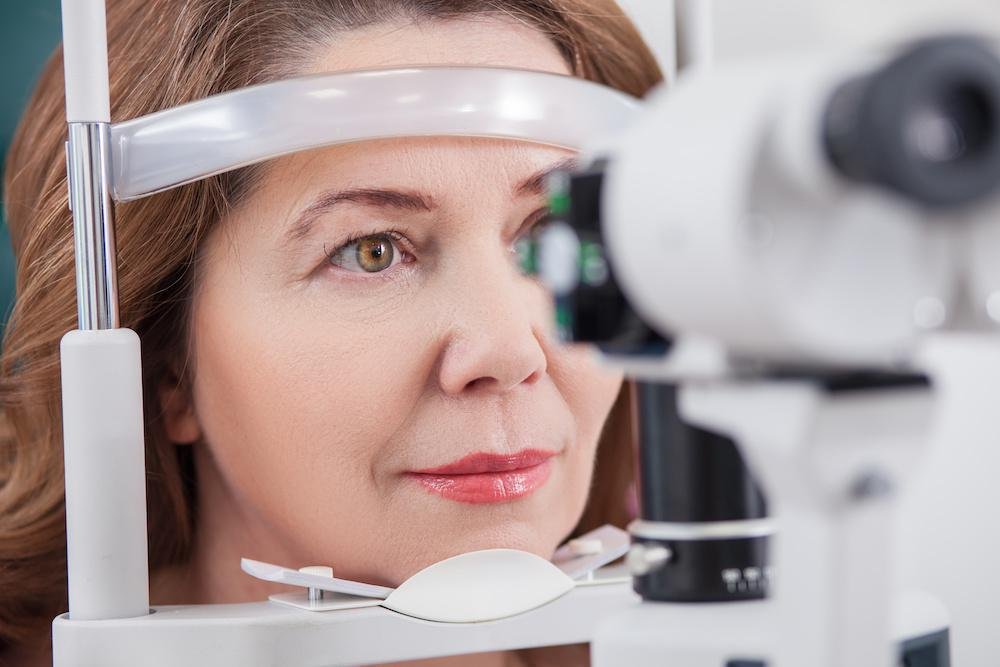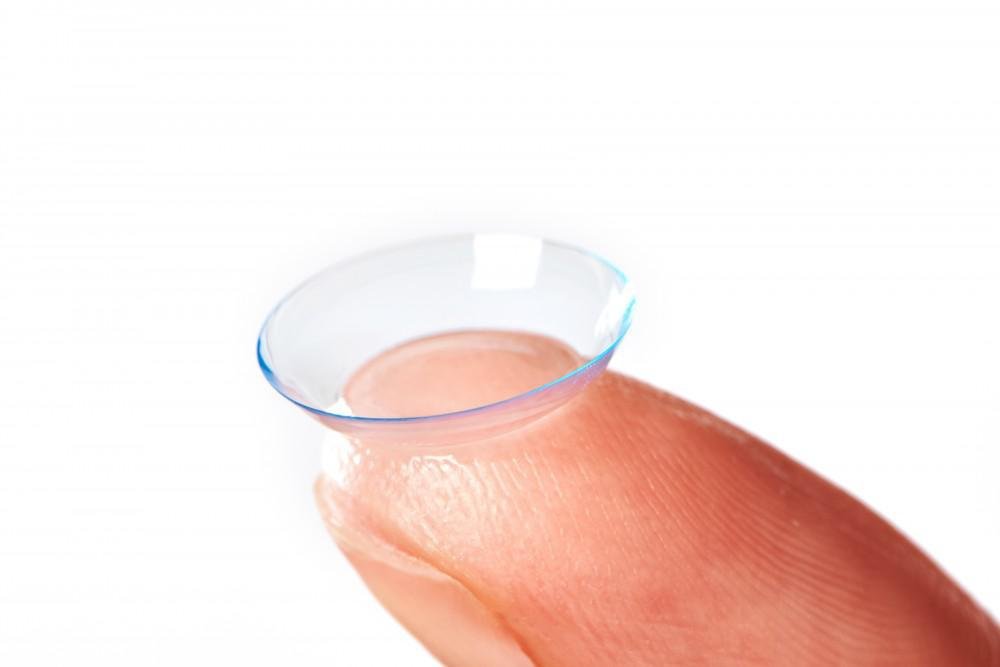
Why wear contacts?
Perhaps you want people to see your beautiful peepers. Or you’re looking for something easier to wear while playing sports, exercising, or jogging. Maybe you keep breaking or misplacing your glasses. Whatever the reason, let us help.
Contact lenses provide superior vision to glasses for several reasons. Contacts:
- Offer a full range of vision
- Won’t fog up
- Don’t have frames that partially block your vision
Dr. Patel and our team help you choose the perfect lenses.
Contacts myths busted
We’ll address your concerns about making the leap from glasses to contacts, that may include:
Lenses need too much care
Have no fear. Disinfecting your contacts is as easy as 1, 2, 3.
- Clean one lens at a time by placing it in the palm of your hand and gently rubbing.
- Rinse the lens with the solution.
- Place the lens in the holder with fresh solution.
Dr. Patel suggests patients with dry eyes occasionally use lubricating eye drops. We also recommend preservative-free cleaning solutions for those with allergies.
Contacts feel uncomfortable
Dr. Patel and her team ensure you find the best fitting lenses for your eyes. Once you get used to wearing them, you shouldn’t notice them at all. If you suffer from dry eyes, we suggest trying thinner lenses that allow more oxygen through.
They’ll get stuck in your eye
Our eyelids contain a moist lining known as the conjunctiva, which makes it impossible for a lens to become embedded behind your eye.
They’re too expensive
Lenses may, in fact, cost even less than a premium pair of eyeglasses.
Who can wear contacts?
The short answer is nearly everyone. These include people with such vision issues as:
- Astigmatism, a curvature of the cornea or lens of your eye
- Myopia, nearsightedness
- Hyperopia, farsightedness
- Eye diseases, such as Keratoconus, which melds your cornea into a cone-like shape
We even offer bifocal lenses with two prescriptions in one lens.
Contraindications for wearing contacts
Although the majority of our patients can wear contacts, some would be better off sticking with eyeglasses to correct their vision. This includes those sporting:
- Blepharitis, an inflammation of the eyelid
- Extensive eye allergies
- A propensity for eye infections
Once we judge your eyes suitable for contacts, we’ll offer simple instructions for cleaning and storage to help you avoid infections and other eye injuries.
Daily or disposable lenses
Once you decide contacts are the way to go, we’ll help you choose the best type:
- Daily wear must be removed, cleaned, and stored each day.
- Daily disposable lenses never need cleaning, since you put on a new pair every day.
- Extended wear lenses allow more oxygen to pass through. You can even sleep in these, although many users prefer to remove them each day.
We’ll help you see all your options clearly
Dr. Patel and our team help you choose your ideal contact lenses from a variety of options, including tinted, bifocal, trifocal types, and UV protection. Simply call us or book an appointment online with Classic Vision Care today.
You Might Also Enjoy…
Is Squinting Bad for Your Eyes?
If you find yourself squinting throughout the day in order to see better, it may be a sign you need glasses. Is continuous squinting bad for your eyes? See how you can correct your vision without squinting.
Millions of people suffer from dry eyes in the United States alone. Discover five common symptoms and how to prevent and treat this uncomfortable condition to avoid further complications.
How Astigmatism Affects Your Vision
Astigmatism causes a variety of symptoms ranging from blurred vision to eye discomfort and pressure. Understand how a comprehensive eye exam can pinpoint the cause of your symptoms and get your sight back on track.
Who Is at Risk for Glaucoma?
Could you be at risk for glaucoma? The short answer is that everyone, especially seniors, is at risk for glaucoma. Learn how to lessen your odds of losing your sight through early detection and treatment.

